Share
Share
Or
https://www.archdaily.com/1033124/evolving-urban-playgrounds-5-design-strategies-and-31-projects-around-the-globe
Urban playgrounds are evolving from simple swing sets and slides into dynamic, multi-faceted urban landscapes. These new designs are more than just places to play; they are thoughtfully integrated spaces that address urban challenges, promote community, and inspire creativity. A key trend is the intentional use of color and pattern. Designers are utilizing vibrant color zones to segment different functional areas, creating a visually dynamic experience that contrasts with natural surroundings. This approach can also be used to establish a cohesive urban identity, with thoughtful color palettes that complement the existing cityscape.
Modern playgrounds are blurring the lines between play and the environment, creating playscapes that double as climate-resilient infrastructure. These spaces manage storm runoff and flooding with features like rain gardens, while also providing interactive water elements and unique, imaginative structures. Beyond just play, these parks are becoming hubs that include dedicated sports and recreational areas, such as courts for various games and skate parks, ensuring they cater to all ages and interests.
This new vision for urban play is realized through several key design principles. Designers use color to organize activity, create topographic landscapes that encourage exploration, and integrate water for both sensory engagement and urban cooling. Play structures are often reimagined as artistic installations that foster creative interaction, while the inclusion of diverse recreational facilities helps transform these spaces into inclusive, multi-generational community hubs.
Related Article Playgrounds: Conquering Public Spaces Color Zoning
Beyond its aesthetic appeal, color zoning is a design strategy used to define different functional areas within urban playgrounds, guiding user flow and creating distinct spaces for various activities.
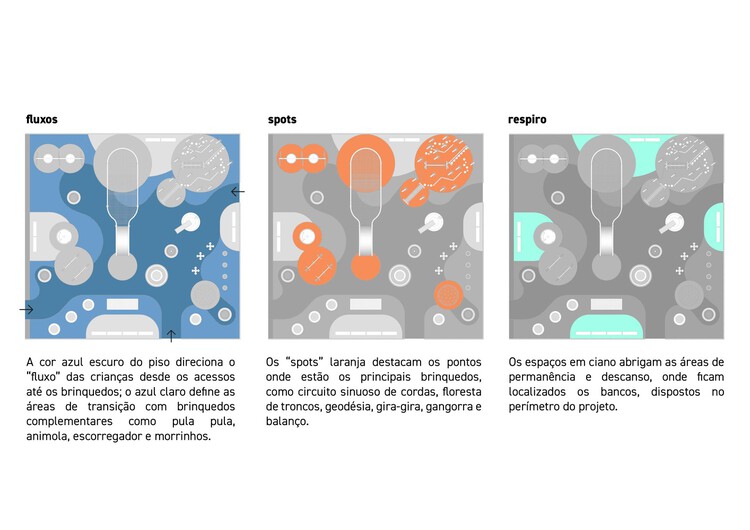 Barigui Playground / Antonio Abrão Arquitetura Playground MacroLotto Zero Prato / Ufficio Planificazione degli Spazi Pubblici del Comune di Prato
Barigui Playground / Antonio Abrão Arquitetura Playground MacroLotto Zero Prato / Ufficio Planificazione degli Spazi Pubblici del Comune di Prato
2020 – Italy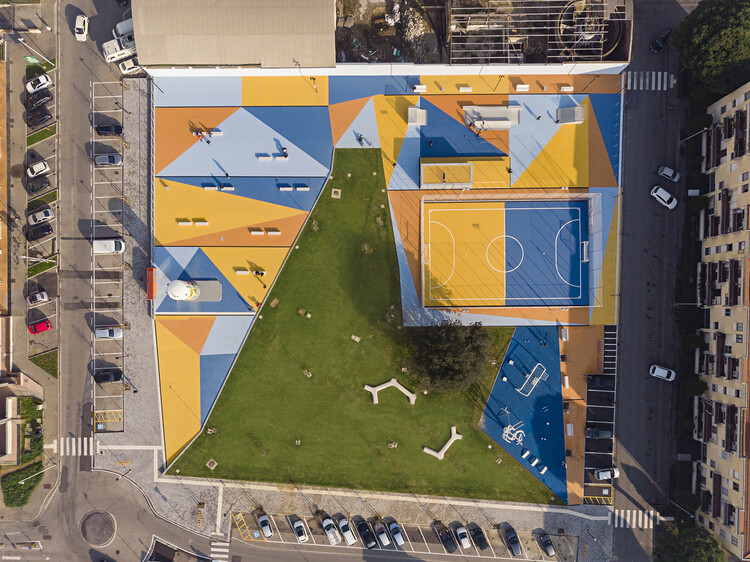 © Emma Neri Magdy El Khouly Street Rehab / Ahmed Hossam Saafan
© Emma Neri Magdy El Khouly Street Rehab / Ahmed Hossam Saafan
2021 – Egypt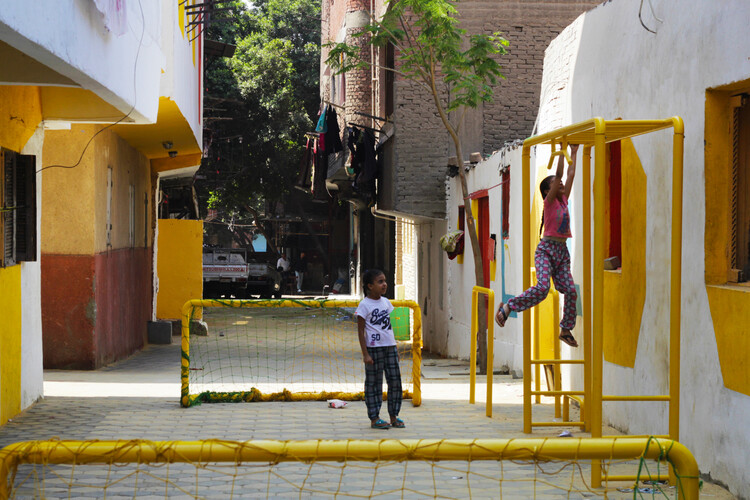 © Ahmed Hossam Saafan Barigui Playground / Antonio Abrão Arquitetura
© Ahmed Hossam Saafan Barigui Playground / Antonio Abrão Arquitetura
2022 – Brazil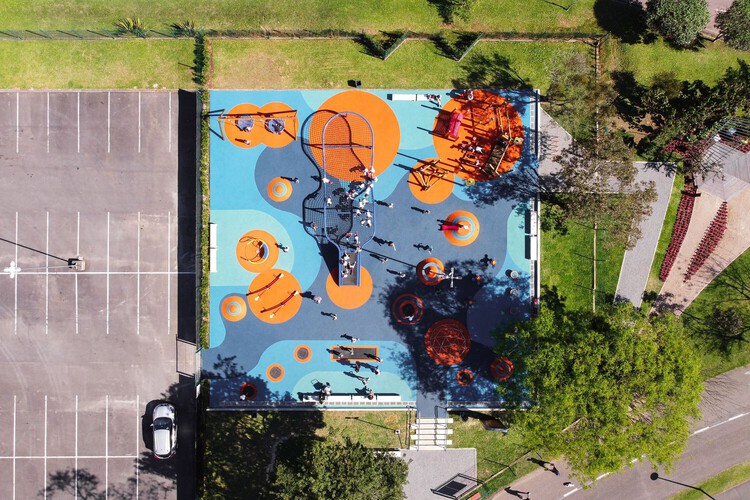 © João Vitor SarturiTopographic Playscapes
© João Vitor SarturiTopographic Playscapes
Topographic playscapes utilize varied elevation and natural landforms like hills and valleys to transform static surfaces into dynamic environments that encourage climbing, balancing, and imaginative exploration.
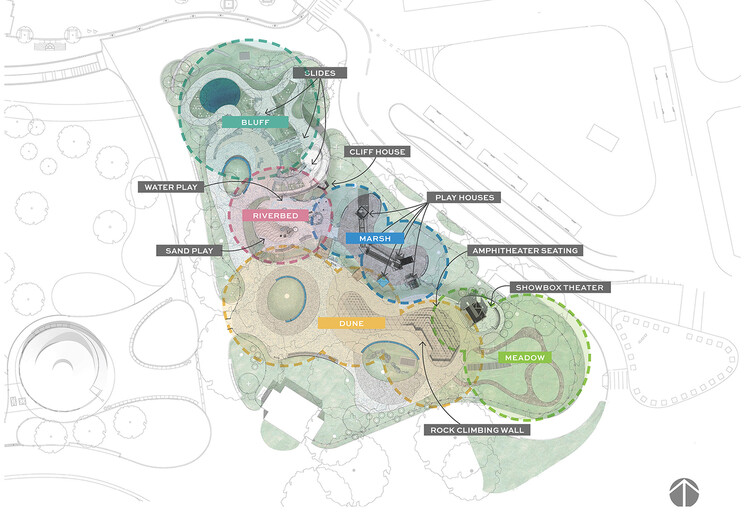 Battery Playscape / BKSK Architects + Starr Whitehouse Landscape Architects and Planners Climate Adaptation Kokkedal Urban Playground / Schønherr
Battery Playscape / BKSK Architects + Starr Whitehouse Landscape Architects and Planners Climate Adaptation Kokkedal Urban Playground / Schønherr
2019 – Denmark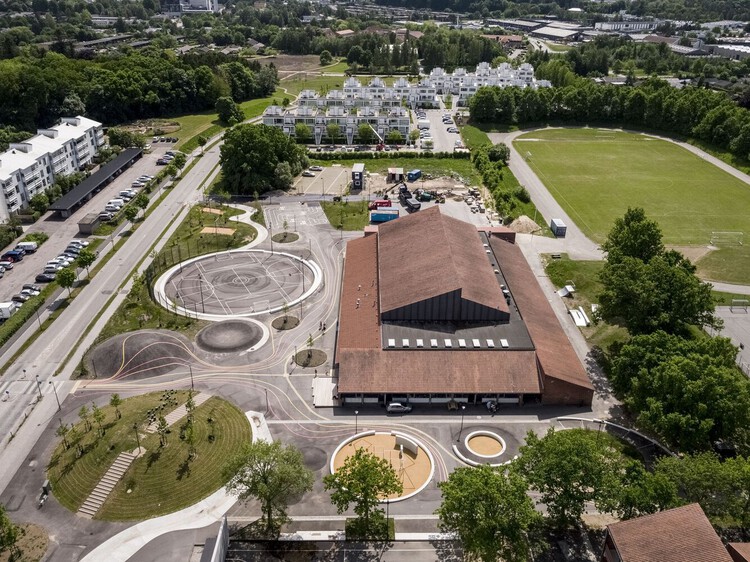 © Thøger Sørensen Playground Landscapes at Santa María Mazzarello Square / HDH arquitectos
© Thøger Sørensen Playground Landscapes at Santa María Mazzarello Square / HDH arquitectos
2019 – Spain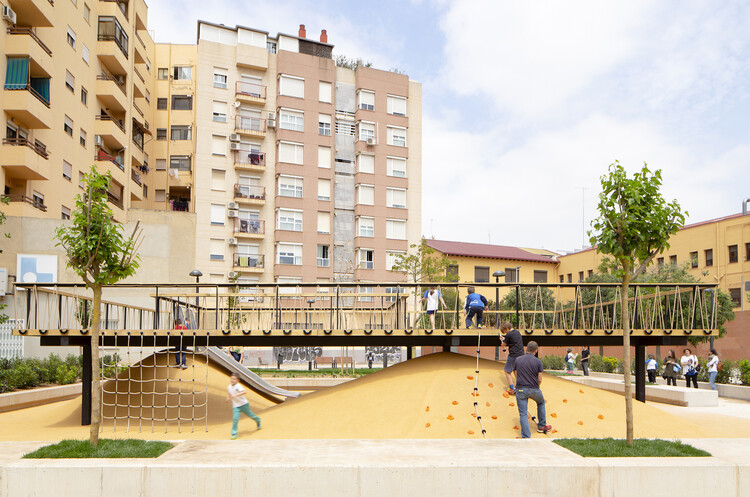 © David Zarzoso Battery Playscape / BKSK Architects + Starr Whitehouse Landscape Architects and Planners
© David Zarzoso Battery Playscape / BKSK Architects + Starr Whitehouse Landscape Architects and Planners
2021 – United States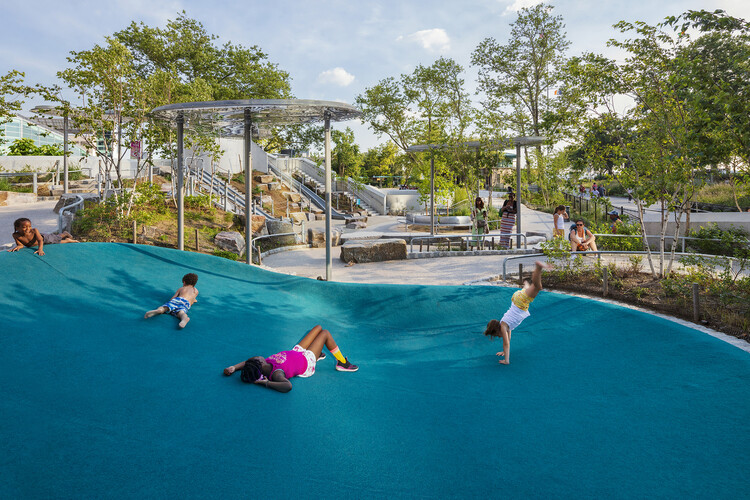 © Sahar Coston-Hardy Udaan Park / Studio Saar
© Sahar Coston-Hardy Udaan Park / Studio Saar
2022 – India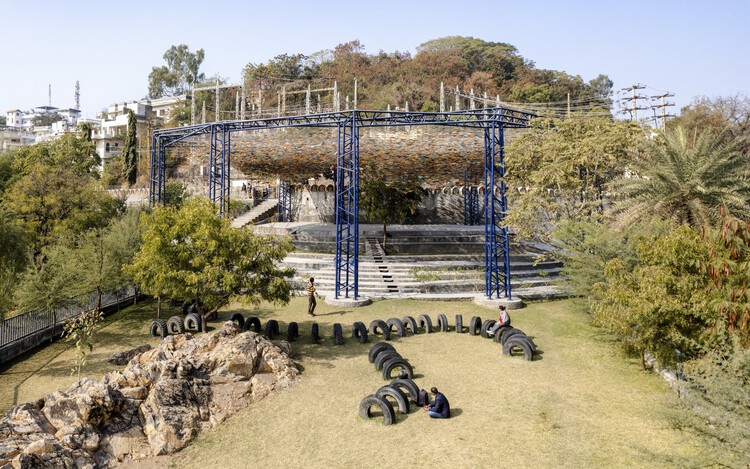 © Ankit Jain SHANGRI-LA in Oita Playground / SAKO Architects
© Ankit Jain SHANGRI-LA in Oita Playground / SAKO Architects
2022 – Japan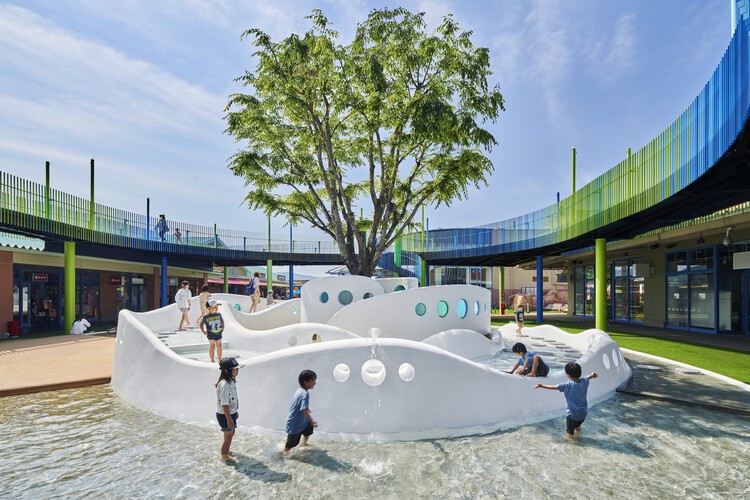 © Koji FUJII Tophane Park Playground / Carve
© Koji FUJII Tophane Park Playground / Carve
2022 – Turkey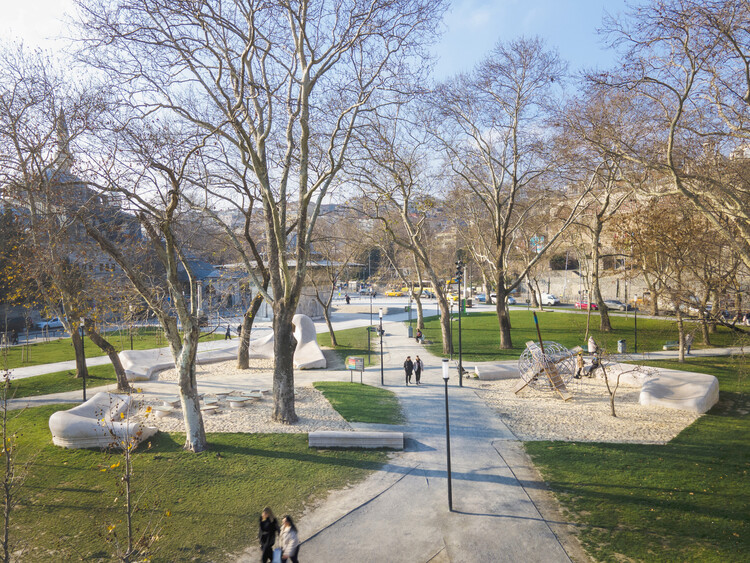 © Playdium Red Dunes Playtopia / Xisui Design
© Playdium Red Dunes Playtopia / Xisui Design
2023 – China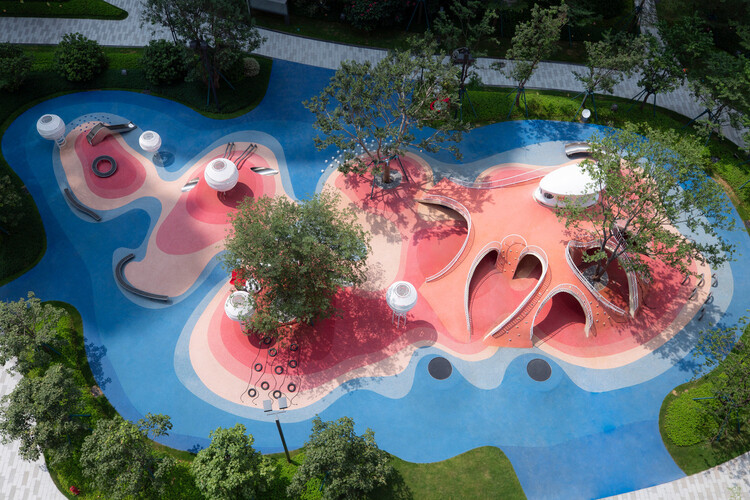 © Hu Yihao Liuquan Lake Children’s Paradise / HID Landscape Architecture
© Hu Yihao Liuquan Lake Children’s Paradise / HID Landscape Architecture
China – 2024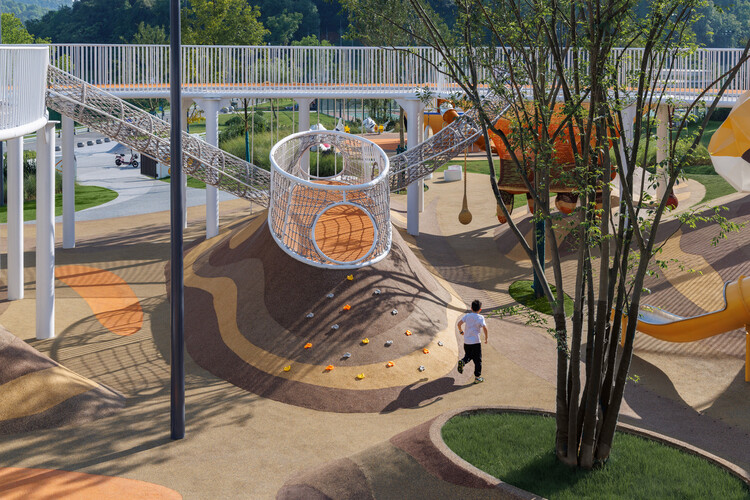 © IMA Barrio Tikal Park / Laboratorio de Acupuntura Urbana
© IMA Barrio Tikal Park / Laboratorio de Acupuntura Urbana
2024 – Mexico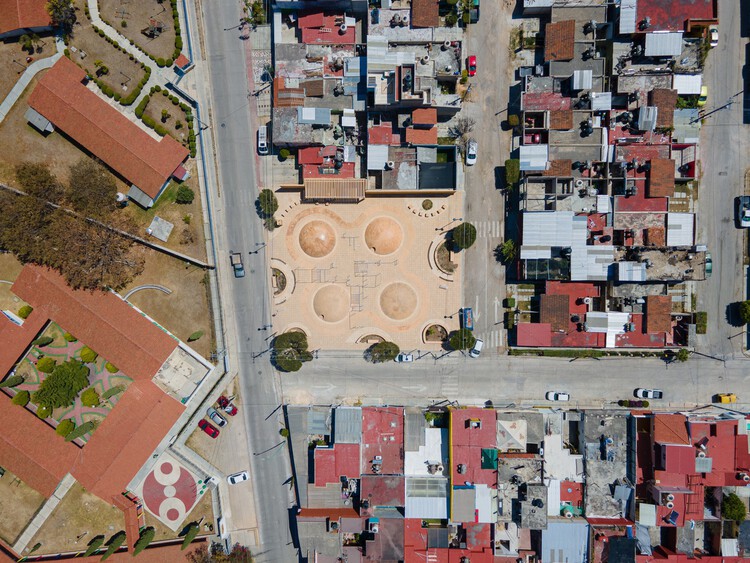 © Fernando Díaz Vidaurri Playgrounds in Jaworek Park in Tychy / RS + Robert Skitek
© Fernando Díaz Vidaurri Playgrounds in Jaworek Park in Tychy / RS + Robert Skitek
2024 – Poland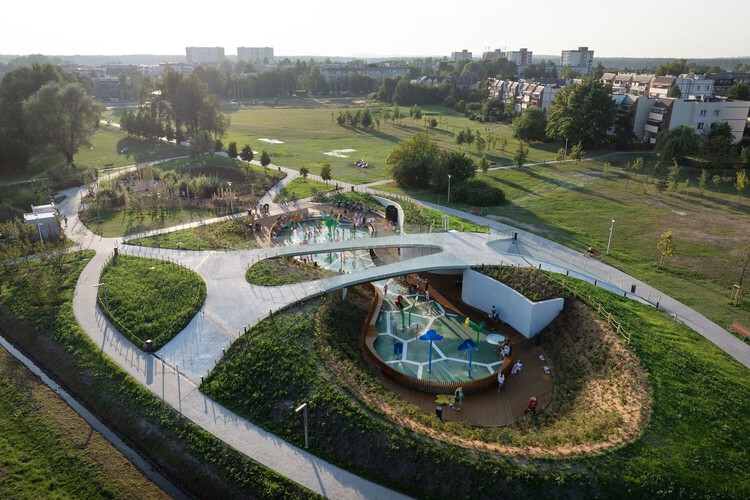 © Tomasz Zakrzewski 104 Abu Dhabi Neighbourhood Parks / SLA
© Tomasz Zakrzewski 104 Abu Dhabi Neighbourhood Parks / SLA
2025 – United Arab Emirates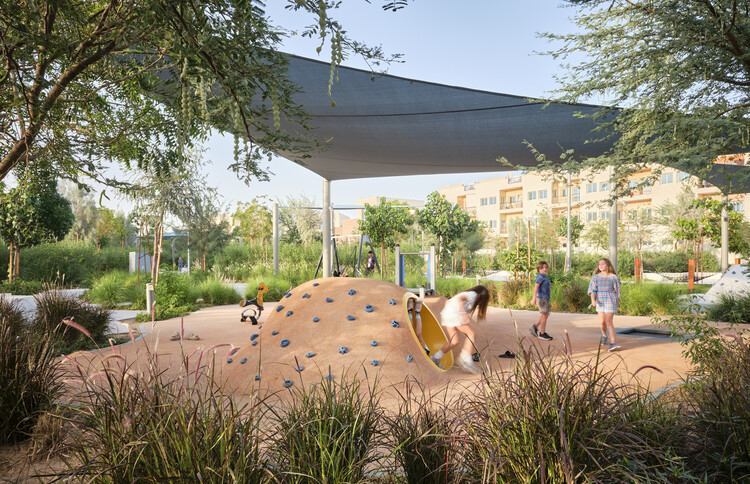 © Jon WallisInclusion of Water
© Jon WallisInclusion of Water
Beyond conventional water features, the inclusion of water in playgrounds offers a vital sensory experience and acts as a passive cooling element, helping to mitigate urban heat.
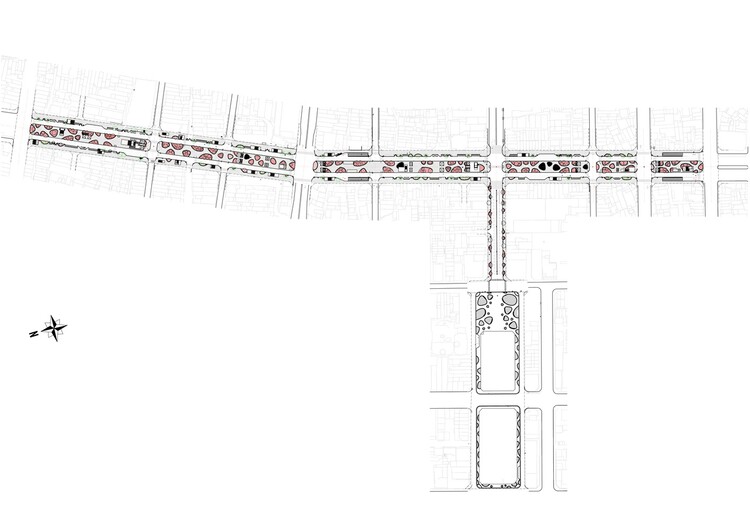 Tainan Spring / MVRDV Jaworznickie Planty Water Playground / RS + Robert Skitek
Tainan Spring / MVRDV Jaworznickie Planty Water Playground / RS + Robert Skitek
2018 – Poland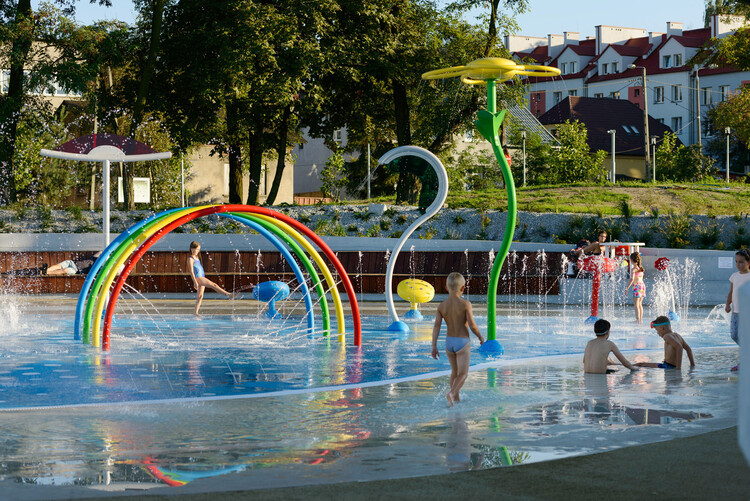 © Tomasz Zakrzewski Tainan Spring / MVRDV
© Tomasz Zakrzewski Tainan Spring / MVRDV
2020 – Taiwan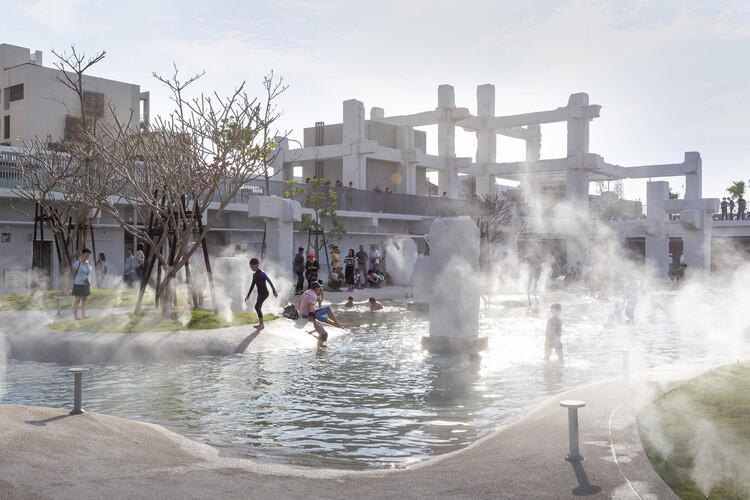 © Daria Scagliola Waterline Park / Lab D+H
© Daria Scagliola Waterline Park / Lab D+H
2022 – China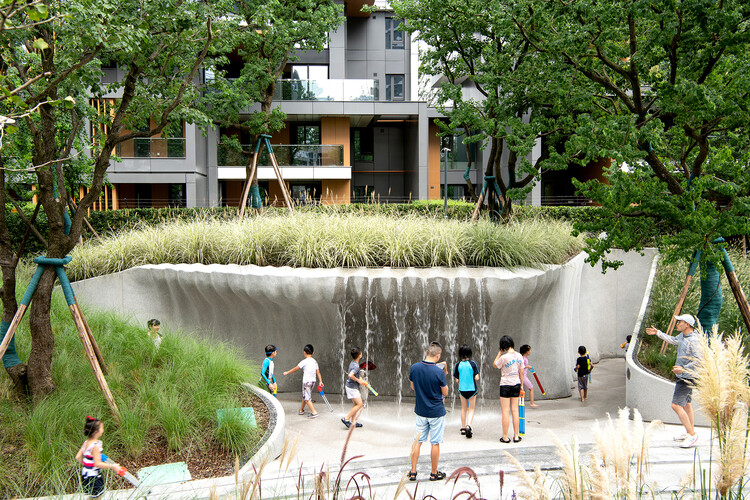 © Bing LuInstallations and Structural Play
© Bing LuInstallations and Structural Play
Unique installations and sculptural structures transform playgrounds into artistic landmarks, encouraging open-ended, imaginative play and challenging children to interact with space in new ways.
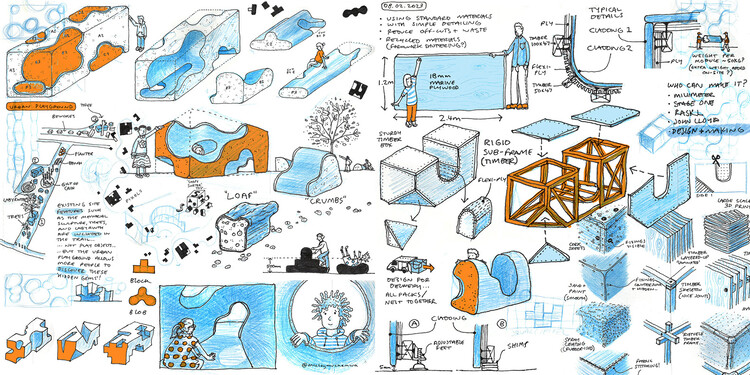 Urban Playground / McCloy + Muchemwa Bamboo Playground / Blue Temple
Urban Playground / McCloy + Muchemwa Bamboo Playground / Blue Temple
2019 – Myanmar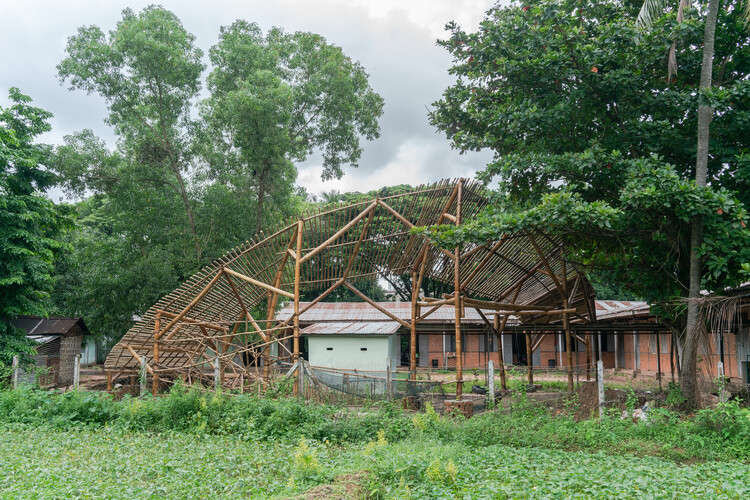 © Matias Bercovich Six Sections / Studio Link-Arc
© Matias Bercovich Six Sections / Studio Link-Arc
2020 – China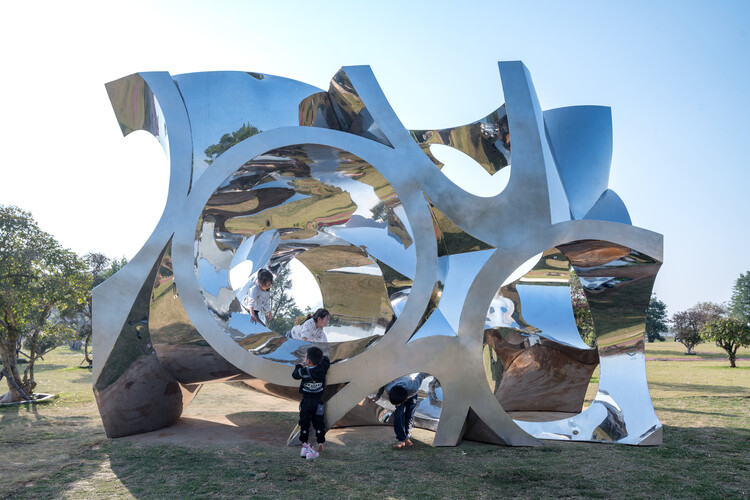 Courtesy of Studio Link-Arc Ring of Swings / IND [Inter.National.Design] + Studio ID Eddy
Courtesy of Studio Link-Arc Ring of Swings / IND [Inter.National.Design] + Studio ID Eddy
2020 – Netherlands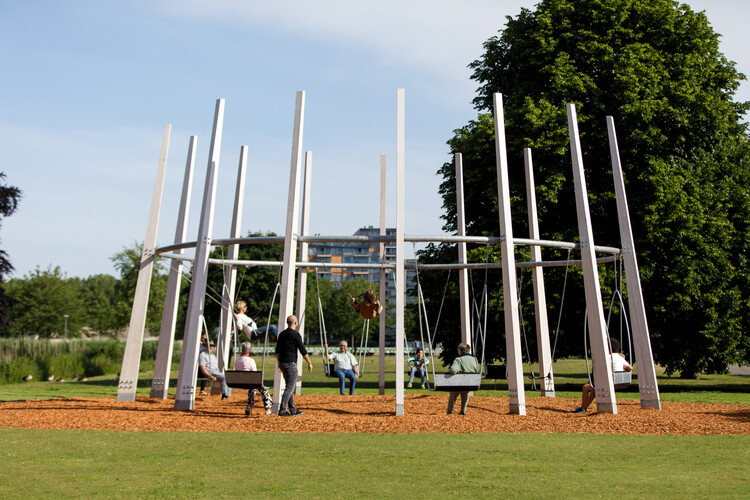 © IND [Inter.National.Design] & Studio ID Eddy Thawsi Playground / Imaginary Objects
© IND [Inter.National.Design] & Studio ID Eddy Thawsi Playground / Imaginary Objects
2020 – Thailand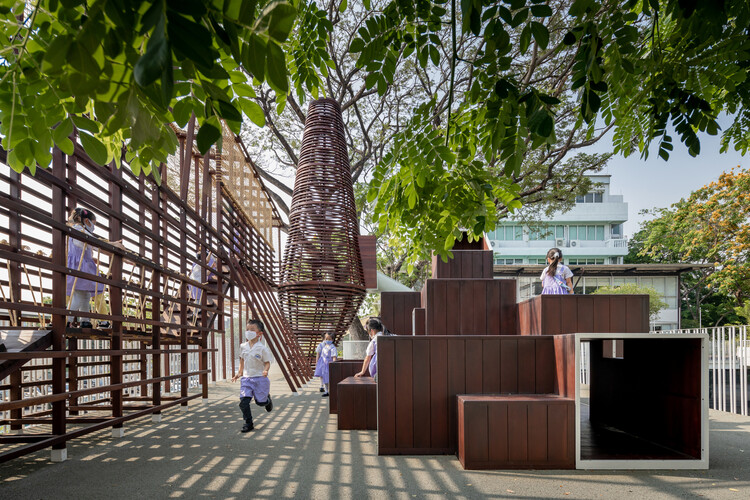 © Ketsiree Wongwan The Cuddly Playground / BudCud + Iza Rutkowska
© Ketsiree Wongwan The Cuddly Playground / BudCud + Iza Rutkowska
2021 – Poland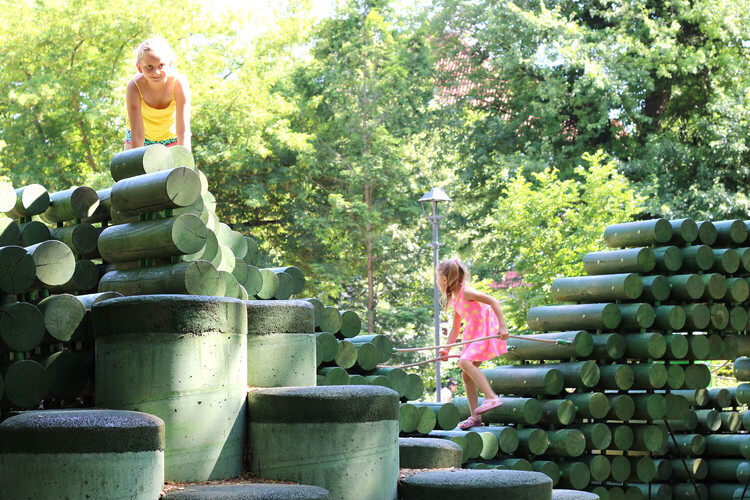 © BUDCUD Labyrinth Playground / Vazio S/A
© BUDCUD Labyrinth Playground / Vazio S/A
2022 – Brazil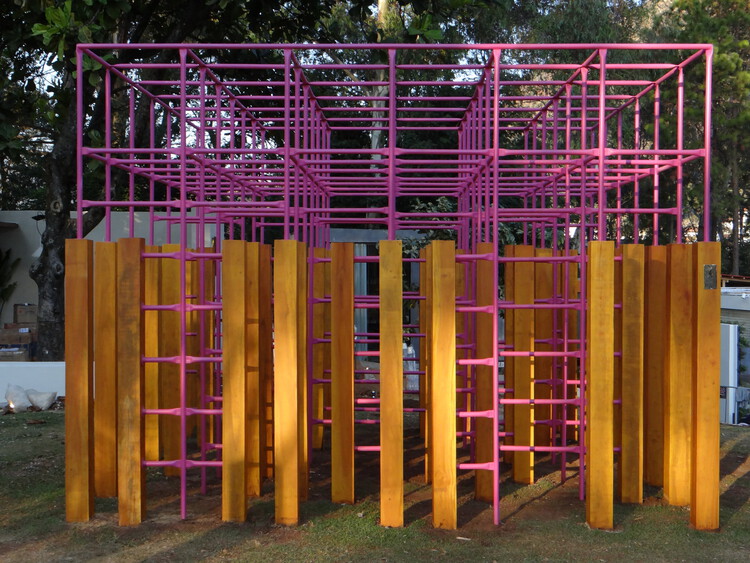 © Daniel Mansur Baltimore Bend Playground / Arttenders + Studio Spass
© Daniel Mansur Baltimore Bend Playground / Arttenders + Studio Spass
2022 – Netherlands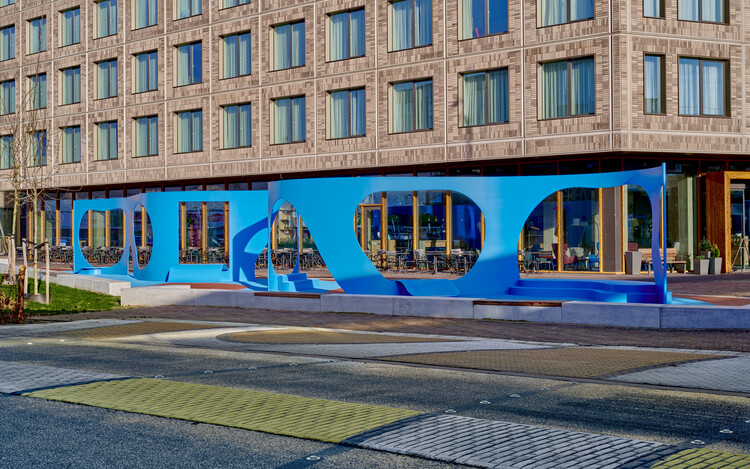 © Pim Top The Playground / Architensions
© Pim Top The Playground / Architensions
2022 – United States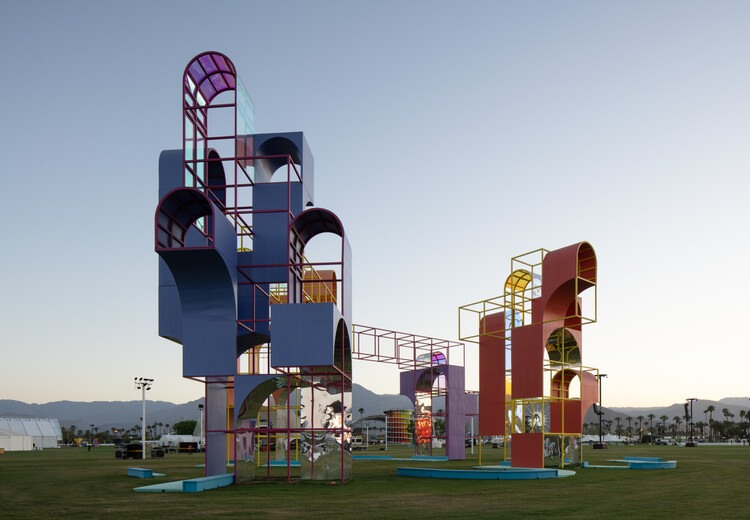 © Michael Vahrenwald Infinity Playground / Blue Temple
© Michael Vahrenwald Infinity Playground / Blue Temple
2023 – Myanmar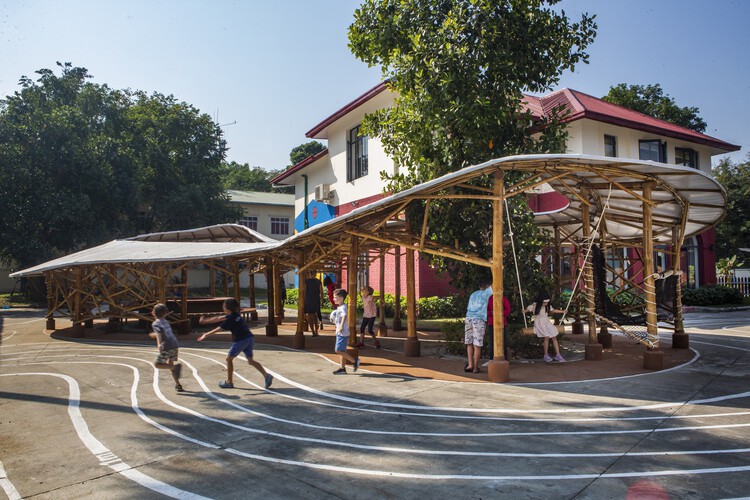 © Nyan Zay Htet Urban Playground / McCloy + Muchemwa
© Nyan Zay Htet Urban Playground / McCloy + Muchemwa
2023 – United Kingdom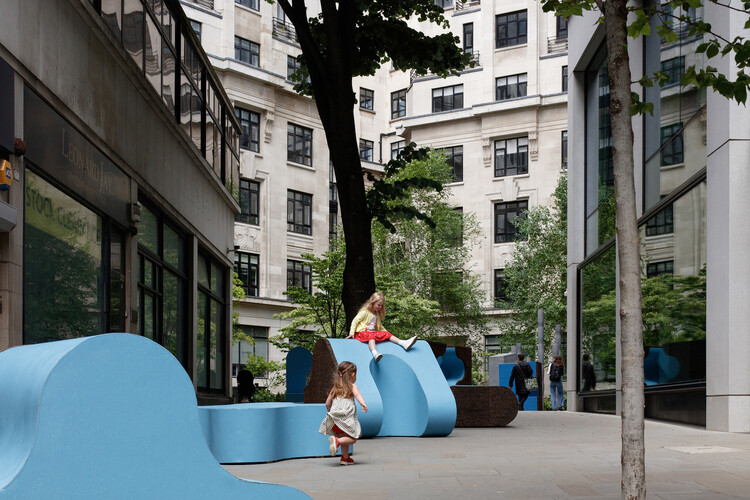 © Luke O’Donovan Nami Play Pavilion / Nami ñami studio
© Luke O’Donovan Nami Play Pavilion / Nami ñami studio
2024 – Czechia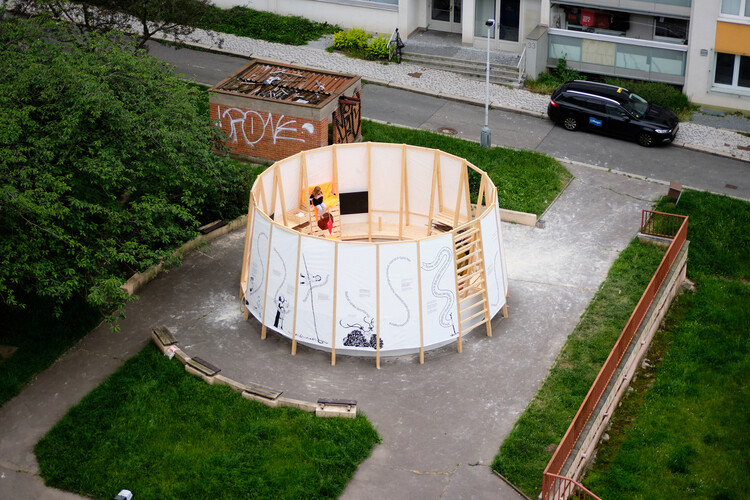 © Nami ñami studioRecreational Playscapes
© Nami ñami studioRecreational Playscapes
Recreational playscapes go beyond traditional play areas by integrating various sports and leisure facilities, creating versatile community hubs for diverse age groups and skill levels.
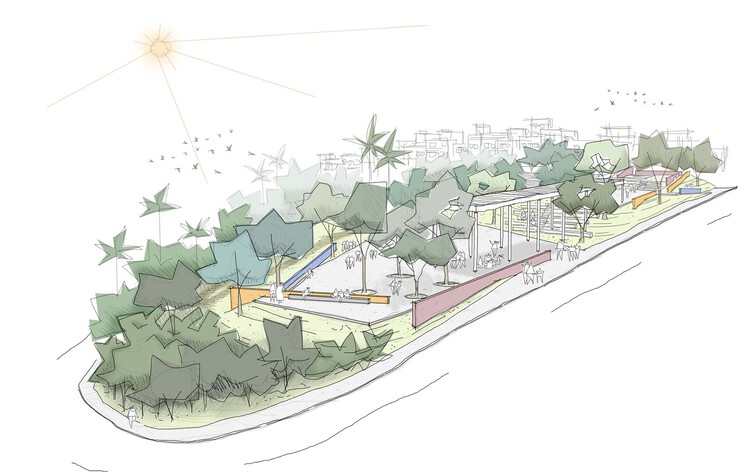 Pavuna Park / Embyá – Paisagismo Ecossistêmico Pavuna Park / Embyá – Paisagismo Ecossistêmico
Pavuna Park / Embyá – Paisagismo Ecossistêmico Pavuna Park / Embyá – Paisagismo Ecossistêmico
2022 – Brazil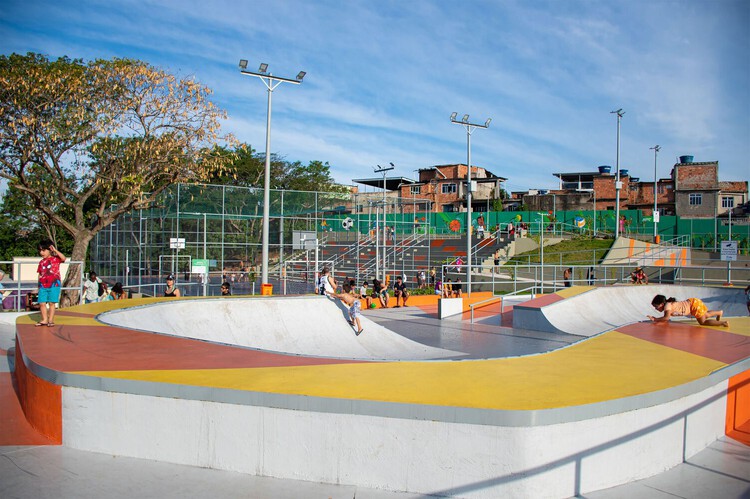 © Douglas Lopes Recreation and Sports Park / RS+ Robert Skitek
© Douglas Lopes Recreation and Sports Park / RS+ Robert Skitek
2023 – Poland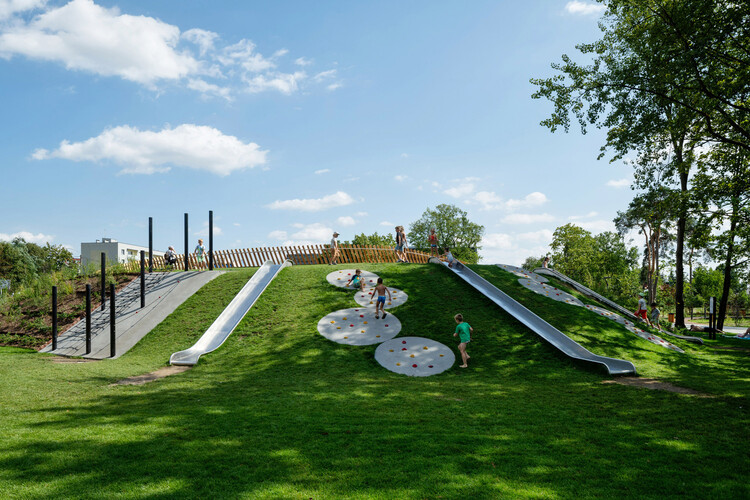 © Tomasz Zakrzewski Olympic Neighborhood Square / Región Austral
© Tomasz Zakrzewski Olympic Neighborhood Square / Región Austral
2025 – Argentina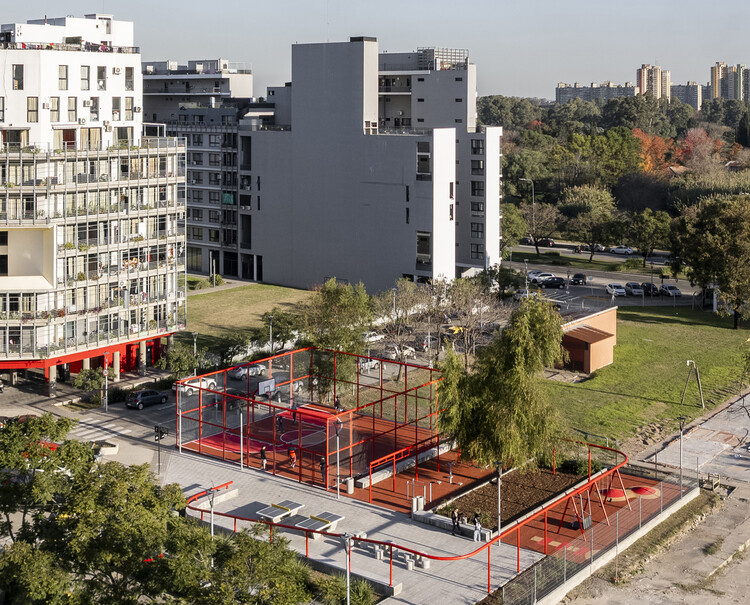 © Luis Barandarian
© Luis Barandarian
This article is part of the ArchDaily Topics: Shaping Spaces for Children, proudly presented by KOMPAN
At KOMPAN, we believe that shaping spaces for children is a shared responsibility with lasting impact. By sponsoring this topic, we champion child-centered design rooted in research, play, and participation—creating inclusive, inspiring environments that support physical activity, well-being, and imagination, and help every child thrive in a changing world.
Every month we explore a topic in-depth through articles, interviews, news, and architecture projects. We invite you to learn more about our ArchDaily Topics. And, as always, at ArchDaily we welcome the contributions of our readers; if you want to submit an article or project, contact us.
Find more reference projects in this My ArchDaily folder created by the author.
Related Article Playgrounds: Conquering Public Spaces
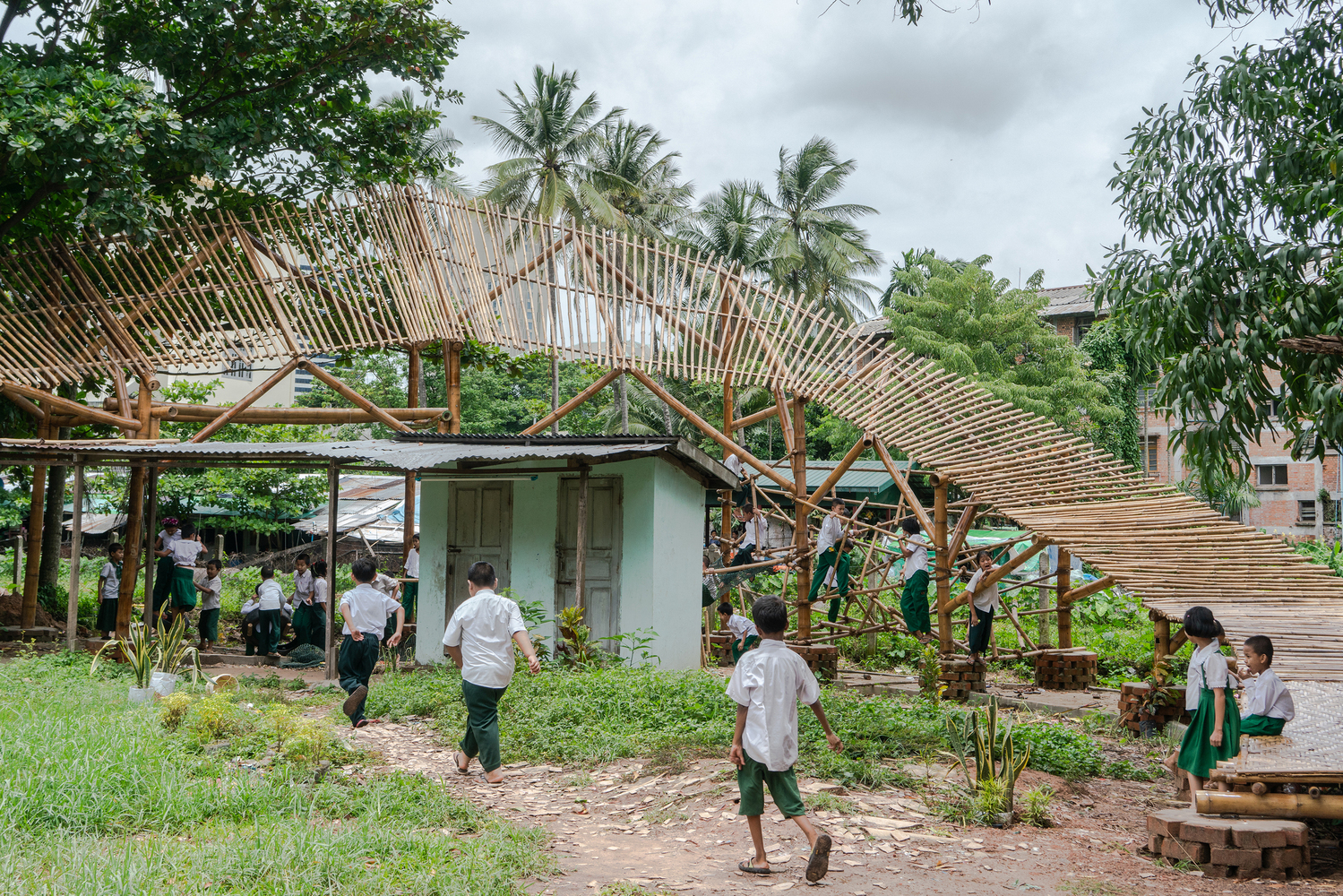
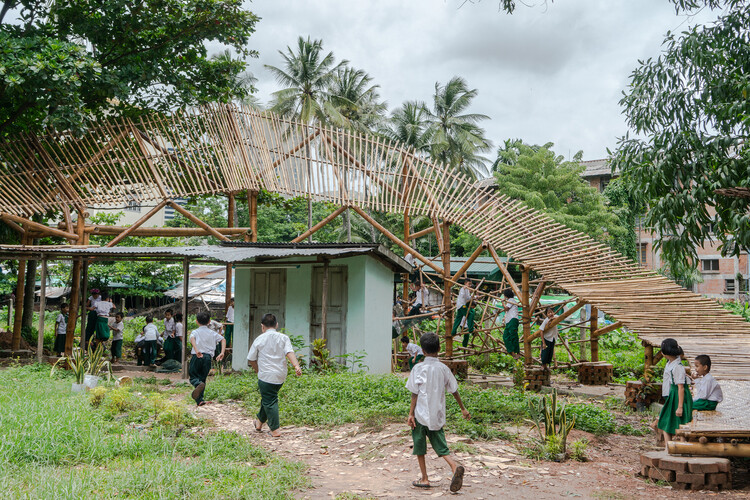
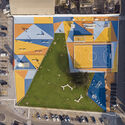
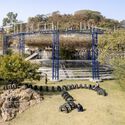
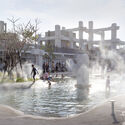
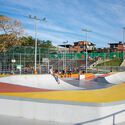
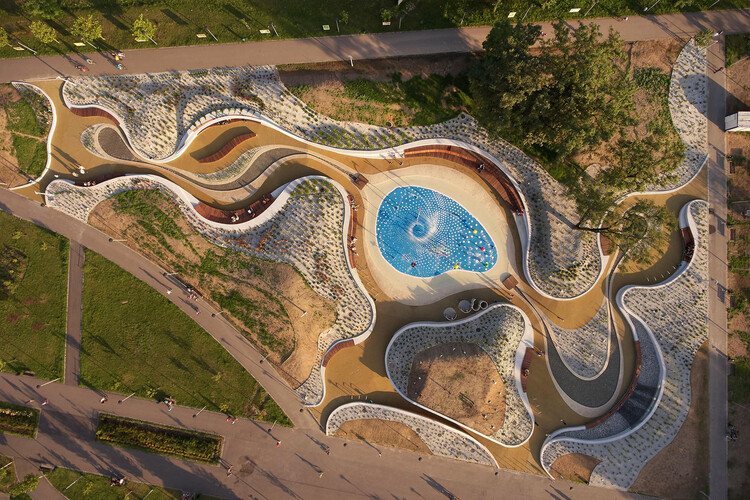 © Tomasz Zakrzewski
© Tomasz Zakrzewski